In Part 3 of Blood Pressure: what drugs are you on, ARBs (angiotensin II receptor blockers) and beta blockers will be looked at. Have a look at Part 1 for Diuretics and Part 2 for CCBs and ACEIs
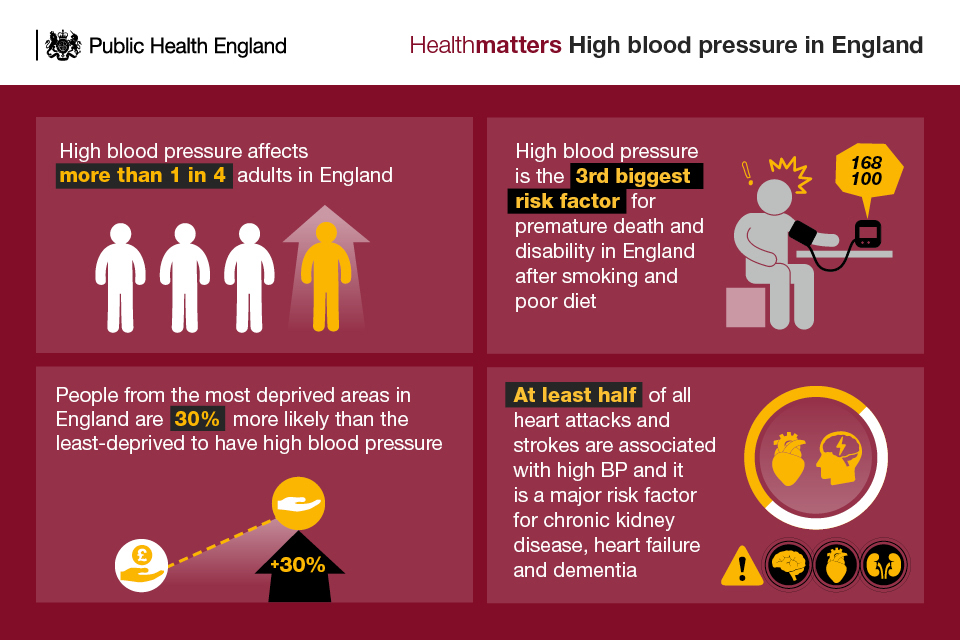
Angiotensin II receptor blockers (ARBs)
One of the most irritating side effects for patients taking ACE inhibitors is the persistent dry cough and one of the most serious, the possibility of angioedema. The patient often complains mostly about the cough so may be given the alternative drug ARBs. There is still a chance of the cough and the angioedema but these side effects are usually less common.
ARBs work in a similar way to ACE inhibitors but they do not inhibit the breakdown of bradykinin or other kinins, and are thus rarely associated with the persistent dry cough although it is still given as a side effect. Like other antihypertensives, ARBs are associated with sexual dysfunction, but it is claimed that the incidence of ED is less likely with ARBs.
For those patients with narrowing of the arteries to the kidneys, they may experience diminishing kidney function which is not good!
What are the side effects of ARBs?
Common side effects include:
- dizziness

- headache
- back pain
- nausea
- vomiting
- pharyngitis
- nasal congestion

- renal impairment
- drowsiness
- diarrhoea
- hyperkalemia
- low blood pressure
- muscle cramps or bone pain
- rash
- dyspepsia

- insomnia
- abnormal liver function
- cough
- myalgia
- sexual dysfunction
Serious but rare side effects include:
- Kidney failure
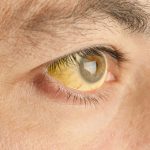
- Liver failure
- Allergic reactions
- Low white blood cells
- Swelling of tissues (angioedema)
If a patient has experienced serious side effects with an ARB they should be prescribed different medication. Again pregnant women must avoid using ARBs because they have the same risks as ACE inhibitors, birth defects.
Other side effects?
It would appear that some side effects have been missed off the list. Apart from an increased cancer risk and the chance of birth defects, there has been a law suit that’s just been settled for $300 million. According to Reuters : Daiichi Sankyo on Tuesday said it has agreed to pay up to $300 million to settle some 2,300 U.S. cases accusing the Japanese drugmaker of failing to warn that its blood pressure medication Benicar can cause gastrointestinal illness. So let’s just put these extra 3 side effects here shall we:
- Risk of cancer, in particular lung cancer
- Risk of birth defects (see Part 2 of this article)
- Risk of gastrointestinal illnesses
Cancer link?
There has been a link to an increased risk of lung cancer which Dr Thomas Marciniak, an FDA official brought up, but these concerns were dismissed by other FDA officials who are not asking for any further clinical studies.
FDA not interested?
The decision not to pursue further studies was made after the FDA combined different old studies looking at more patients and multiplying the statistics to find possible side effects. This is a technique called meta-analysis. The problem is, according to researchers, if the studies have any flaws, meta-analysing just compounds them. Also, Dr Marciniak said the FDA did not include cases of lung carcinomas as lung cancer which, of course, they are.
 Dr Marciniak’s David & Goliath approach
Dr Marciniak’s David & Goliath approach
As Dr Marciniak works for the FDA, it is unusual for employees such as he, to bring these concerns to the public eye. He warned other FDA officials that taking tabulated results from companies, was likely to produce unreliable results. He wrote “Garbage in, garbage out”. Dr Marciniak suggests that these ARBs produce a 30% increased risk of cancer. It is interesting to note that the Wall Street Journal seems to support Dr Marciniak’s “David & Goliath” approach. It appears that Dr Marciniak is no longer with the FDA and I can find no reference as to why he left.
Millions are taking ARBs
Millions of high BP patients are taking ARBs with sales at $7.6 billion in the US at the last count. Drug companies are increasing their profits year on year and are disinterested in looking into the long term effects relating to lung cancer.
According to Fox News: “In a 2010 study published in Lancet Oncology, Ilke Sipahi and colleagues at University Hospitals in Cleveland looked at five studies involving 68,402 patients and found that people taking ARBs had an 11 percent greater risk of new cancer overall and a 25 percent greater risk of new lung cancer, compared with patients who didn’t get the drugs.”
ARBs on the US market include:
- Novartis AG’s Diovan

- Daiichi Sankyo Co.’s Benicar
- Merck & Co.’s Cozaar
- Boehringer Ingelheim GmbH’s Micardis
- Avapro, from Sanofi SA and Bristol-Myers Squibb Co.
- AstraZeneca PLC’s Atacand
These drugs are commonly used for: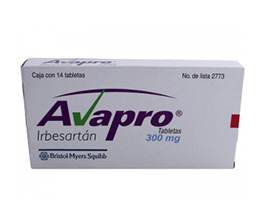
- Hypertension (high BP)
- Strokes
- Heart failure
- Following a heart attack
- Chronic kidney disease?
A contradiction?
As for taking ARBs to help chronic kidney disease, I read this on the British Heart Foundation website which somewhat confused and worried me, especially as kidney failure is on the serious side effects list for ARBs.
“After you start the drug, you’ll need another blood-test to check your kidney function. In some cases, ARBs can upset the kidneys, especially if the blood vessels to your kidneys are narrowed (renal artery stenosis).”
Ask questions
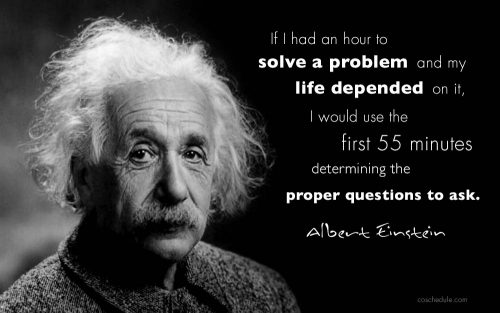
If I were taking ARBs for chronic kidney disease (CKD), I would really need to know why a drug that has a possible side effect of kidney failure, albeit rare, is being prescribed for CKD? The reasoning behind this would have to be really solid and independently researched for me to take this drug. Apart from the threat of an increased cancer risk and gastrointestinal diseases.
You can’t have enough independent research
There has been some research on this CKD medication but looking at it, the results appear a bit spurious especially as some of the data are admittedly missing as stated – They noted some limitations of the study, however, including the lack of information on actual levels of renal function, blood pressure, proteinuria, and some important patient characteristics. The study authors pointed out, too, that an observational study cannot prove causality. I hope this is not the only study they are going by to prescribe these drugs for CKD?
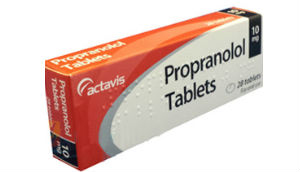 Beta blockers
Beta blockers
Beta blockers, otherwise known as beta-adrenergic blocking agents are drugs that are given to a patient to reduce blood pressure. They work by blocking the effects of epinephrine, better known as adrenaline. Taking these drugs will reduce your heart rate so your heart beats with less force which should reduce your blood pressure.
The following are some of the more common side-effects.
- Fatigue and tiredness
- Cold hands and feet
- A slow heart rate

- Dizziness. If your heartrate drops too low and/or you faint or feel dizzy, see your medic.
- Nightmares and sleeping problems
- sexual dysfunction or ED
- visual disturbances/hallucinations
The Safety of Beta Blockers
There has been much controversy over the past few years, regarding the safety of beta blockers, especially with regards to using the drugs for non-cardiac surgery patients. Many people may have died as a consequence of receiving this medication based on guidelines from what is now found to be discredited science.
 Cardiac researcher fired
Cardiac researcher fired
The cardiac researcher, Don Poldermans, who was discredited and fired back in 2011, was the chairman of the committee that drafted the guidelines for the European protocol and ‘standard of care’. His studies were found to be flawed and the extent of his scientific misconduct has not been established but appears to be extensive.
Shady research
It is a sign of the times now that research specifically done by the pharmaceuticals, is often shady with conflicts of interest and research findings massaged for the benefit of the drug companies’ future sales of the products being studied. A most prestigious journal wrote the following, just a part of a scathing article about the state of medical research today
Science has taken a turn towards darkness
 “The case against science is straightforward: much of the scientific literature, perhaps half, may simply be untrue. Afflicted by studies with small sample sizes, tiny effects, invalid exploratory analyses, and flagrant conflicts of interest, together with an obsession for pursuing fashionable trends of dubious importance, science has taken a turn towards darkness.” Richard Horton, The Lancet
“The case against science is straightforward: much of the scientific literature, perhaps half, may simply be untrue. Afflicted by studies with small sample sizes, tiny effects, invalid exploratory analyses, and flagrant conflicts of interest, together with an obsession for pursuing fashionable trends of dubious importance, science has taken a turn towards darkness.” Richard Horton, The Lancet
800,000 feared dead
As for the discredited beta blocker study, it is estimated that 800,000 patients in Europe may have died as a result of this misconduct. The guidelines were set on the basis of this distorted research and if a physician decided not to follow the guidelines, he/she would be at risk of being medically reprimanded.
Independent studies
In one study,² use of beta-blockers before during and after surgical procedures found that those more likely to die because of the drugs, were patients with the lowest cardiac risk. On the other hand patients that had serious pre-existing heart problems were probably helped by the giving of beta blockers perioperatively.³
The last of this series of posts on blood pressure : what drugs are you on, will discuss the last drug on our list Renin Inhibitors and a determination of the options you have if you find you suffer from hypertension.
 2. Am Coll Cardiol. 2008;52(18):1482-1489
2. Am Coll Cardiol. 2008;52(18):1482-1489
3. BMC Cardiovascular Disorders 2013, 13:52
Spread the word!

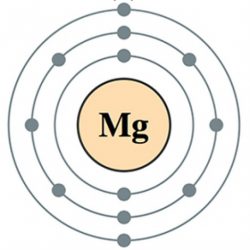
Wow! If someone was googling blood pressure drugs they certainly found a wealth of information here. As sad as it is to say, the days of just trusting our health care professionals seem to be gone. The more informed we are about medications we take or are offered, the better off we are. Maybe you could set links to other posts where references have been further explained?
I will be returning for further reading!
Hi Christine and thanks for your comments. Yes, we do need to take control of our own medication; we cannot trust our doctors to be always prescribing what’s best for us. You cannot blame them, they will be reprimanded if they go against protocol and they will not want to be vilified and lose their licence like many eminent doctors have. Dr Andrew Wakefield comes to mind, who suggested not vaccinating multiple doses at once, but giving them singly. Coming out with this sensible suggestion lost him his livelihood! I have a lot of sympathy for some medics, they’re inbetween a rock and a hard place!
This post has really opened my eyes to the lack of compassion this multinational drug companies show their customers, they just don’t care about side effects. Its all about the bottom line profit margins.
Like the CKD you highlighted, why would any kidney disease sufferer take a medication that would make their conditions worse?
It’s like these companies gets you hooked so you can be a repeat customer for life, just like Statins. These are loaded with mild to severe side effects but yet, patients are still being prescribed this meds. Why?
Best.
Hi Excelle and thanks for your input. You’re right, it’s all about profit margins. No way are the pharmaceuticals going to allow a cure for our serious diseases. How could they make a profit if their drugs actually cured cancer, diabetes or heart disease, they would be out of business! That’s why I am convinced that whilst they are in control of our health, we are all going to get sicker. The only way is to stand up to Big Pharma and refuse to take their drugs, unless there is absolutely no other natural way to treat or cure our illnesses. Drugs should only be used as a last resort and the pharmaceuticals should be working hard to produce drugs that are free of dangerous side effects.